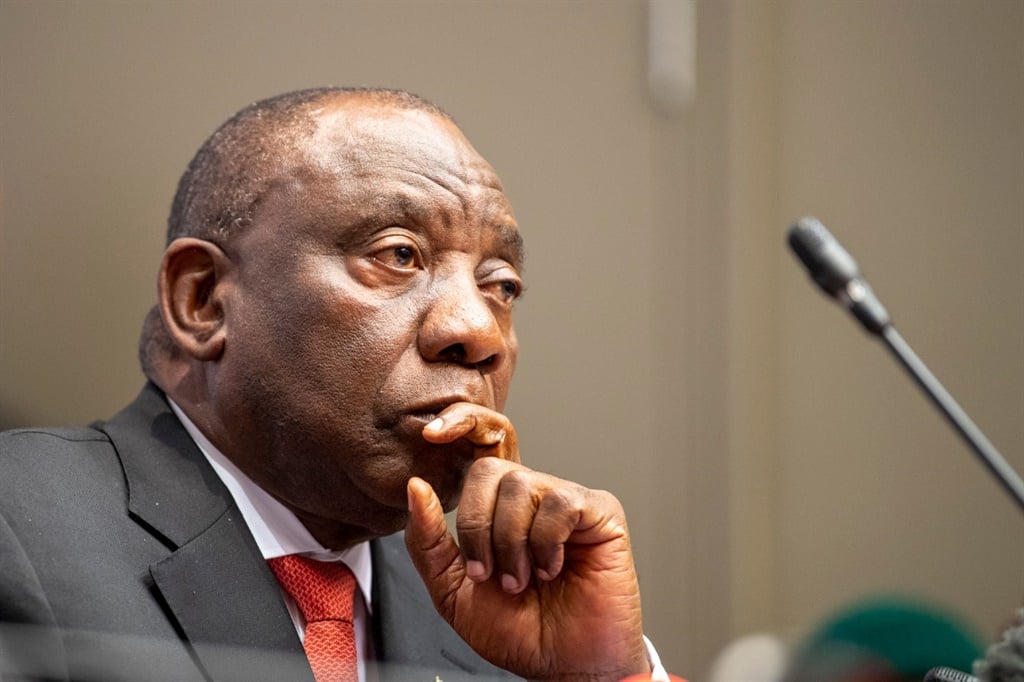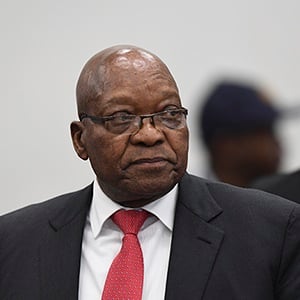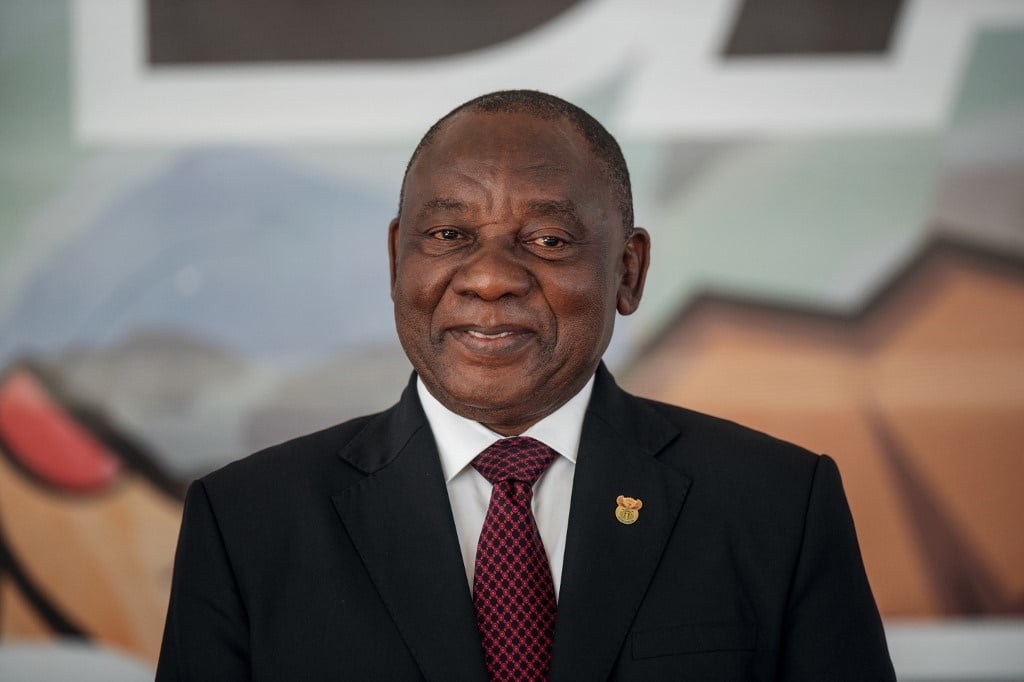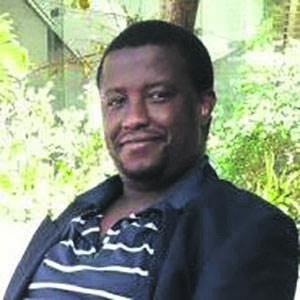Thandisizwe Mgudlwa
South Africans from all walks of life are being asked to heed a call to promote road safety and address road carnage.
This is an initiative called #BeRoadSafe Safies* by Puma Energy and Road Safety Ambassador, Phillip Kekana.
They are putting out a challenge to South Africans to become road safety heroes in their communities.
The call is on South Africans need to speak up and post their #BeRoadSafe Safies* to help reduce distracted driving incidents this festive season. These social posts aim to inspire motorists and pedestrians to become road safety heroes across the nation.
Kekana, Puma Energy Road Safety Ambassador commented, “If we all change our bad driving habits, we have the power to reduce our national road carnage, provided we work together towards this common goal during the holiday season. We recently partnered with Active Education and embarked on a road safety roadshow in KwaZulu-Natal. We provided the children with knowledge and glow bands, so they are visible to motorists. The kids will hopefully pass the #BeRoadSafe lessons onto their parents, siblings and friends. We encouraged the children to take #BeRoadSafe Safies to alert the community of road risks and inspire safety on their daily travels.”
Moreover, Puma Energy has been actively educating children across the globe to #BeRoadSafe for almost a decade.
However, road traffic accidents continue as the biggest cause of childhood deaths in South Africa we all have a vital role to play to change the disastrous course of road safety, said the organisers.
Puma Energy, Phillip Kekana and road safety partner Active Education have visited several schools in Gauteng and KwaZulu-Natal to continue the brave efforts of empowering the youth to transform themselves into responsible road users.
The learners were educated on the dangers of distracted driving and were given glow bands, so they become more visible to motorists. The school kids will also be in charge of driving the #BeRoadSafe Safies challenge. These social updates of road risks will warn other pedestrians and ultimately help to save lives.
Seggie Kistasamy, General Manager of Puma Energy South Africa believes, “A simple act of driving mobile-free can be the difference between life and death. If we all consciously drive better, we can lower road fatalities. We believe the children that take up the #BeRoadSafe challenge will become our country’s shield, they will become the guardians that constantly remind motorists to be alert and help us reduce senseless road deaths. We all need to collaborate towards this common cause and do everything in our power to become road safety heroes in our own communities.”
Puma Energy is a proud United Nations official supporter and for many years has committed to a decade of action for road safety.
This commitment involves its employees, road safety ambassador, road safety partners, local authorities and their communities under one common goal – to reduce traffic accidents, to spread the #BeRoadSafe message and, ultimately, to save lives.
Next year marks the end of the United Nations’ Decade of Action for Road Safety 2020; which aims to halve the number of road deaths, and numbers have shown that South Africa has failed to reach these goals.
The organisers are appealing for “road safety heroes across our nation need to join forces and share #BeRoadSafe Safies that not only raise awareness of road risks but to help change the way we walk, drive and act when it comes to our safety on our national roads.”
“We all know someone who has been in a fatal car crash. Did this make you stop and think about changing the way you drive?, asks the organisers.
Kekana was recently on SAFM radio talking about road safety, how he started as taxi driver to ultimately become South Africa’s First Black Production Car Champion.
Research confirms that over 135,000 South Africans have perished due to road accidents in the past decade.
Puma Energy South Africa and Kekana, the road safety ambassador, have been going into schools across Gauteng and KZN (the pilot project) to educate the next generation of road users to #BeRoadSafe.
They add, “We recognise that we need to start changing bad driving behaviour at a young age to prevent further pedestrian accidents.”
We all need to do our part to reduce road fatalities. If we can bring down the national pedestrian figures by as much as 20%, we can save 2700 lives this festive season.”
Puma Energy strongly emphasizes, “Our aim is to get as many South Africans as possible to share their #BeRoadSafe SAFIES to show others to put on safety belts, wear helmets, check their tyres, expose the dangers of texting and driving."
This is an initiative called #BeRoadSafe Safies* by Puma Energy and Road Safety Ambassador, Phillip Kekana.
They are putting out a challenge to South Africans to become road safety heroes in their communities.
The call is on South Africans need to speak up and post their #BeRoadSafe Safies* to help reduce distracted driving incidents this festive season. These social posts aim to inspire motorists and pedestrians to become road safety heroes across the nation.
Kekana, Puma Energy Road Safety Ambassador commented, “If we all change our bad driving habits, we have the power to reduce our national road carnage, provided we work together towards this common goal during the holiday season. We recently partnered with Active Education and embarked on a road safety roadshow in KwaZulu-Natal. We provided the children with knowledge and glow bands, so they are visible to motorists. The kids will hopefully pass the #BeRoadSafe lessons onto their parents, siblings and friends. We encouraged the children to take #BeRoadSafe Safies to alert the community of road risks and inspire safety on their daily travels.”
Moreover, Puma Energy has been actively educating children across the globe to #BeRoadSafe for almost a decade.
However, road traffic accidents continue as the biggest cause of childhood deaths in South Africa we all have a vital role to play to change the disastrous course of road safety, said the organisers.
Puma Energy, Phillip Kekana and road safety partner Active Education have visited several schools in Gauteng and KwaZulu-Natal to continue the brave efforts of empowering the youth to transform themselves into responsible road users.
The learners were educated on the dangers of distracted driving and were given glow bands, so they become more visible to motorists. The school kids will also be in charge of driving the #BeRoadSafe Safies challenge. These social updates of road risks will warn other pedestrians and ultimately help to save lives.
Seggie Kistasamy, General Manager of Puma Energy South Africa believes, “A simple act of driving mobile-free can be the difference between life and death. If we all consciously drive better, we can lower road fatalities. We believe the children that take up the #BeRoadSafe challenge will become our country’s shield, they will become the guardians that constantly remind motorists to be alert and help us reduce senseless road deaths. We all need to collaborate towards this common cause and do everything in our power to become road safety heroes in our own communities.”
Puma Energy is a proud United Nations official supporter and for many years has committed to a decade of action for road safety.
This commitment involves its employees, road safety ambassador, road safety partners, local authorities and their communities under one common goal – to reduce traffic accidents, to spread the #BeRoadSafe message and, ultimately, to save lives.
Next year marks the end of the United Nations’ Decade of Action for Road Safety 2020; which aims to halve the number of road deaths, and numbers have shown that South Africa has failed to reach these goals.
The organisers are appealing for “road safety heroes across our nation need to join forces and share #BeRoadSafe Safies that not only raise awareness of road risks but to help change the way we walk, drive and act when it comes to our safety on our national roads.”
“We all know someone who has been in a fatal car crash. Did this make you stop and think about changing the way you drive?, asks the organisers.
Kekana was recently on SAFM radio talking about road safety, how he started as taxi driver to ultimately become South Africa’s First Black Production Car Champion.
Research confirms that over 135,000 South Africans have perished due to road accidents in the past decade.
Puma Energy South Africa and Kekana, the road safety ambassador, have been going into schools across Gauteng and KZN (the pilot project) to educate the next generation of road users to #BeRoadSafe.
They add, “We recognise that we need to start changing bad driving behaviour at a young age to prevent further pedestrian accidents.”
We all need to do our part to reduce road fatalities. If we can bring down the national pedestrian figures by as much as 20%, we can save 2700 lives this festive season.”
Puma Energy strongly emphasizes, “Our aim is to get as many South Africans as possible to share their #BeRoadSafe SAFIES to show others to put on safety belts, wear helmets, check their tyres, expose the dangers of texting and driving."





